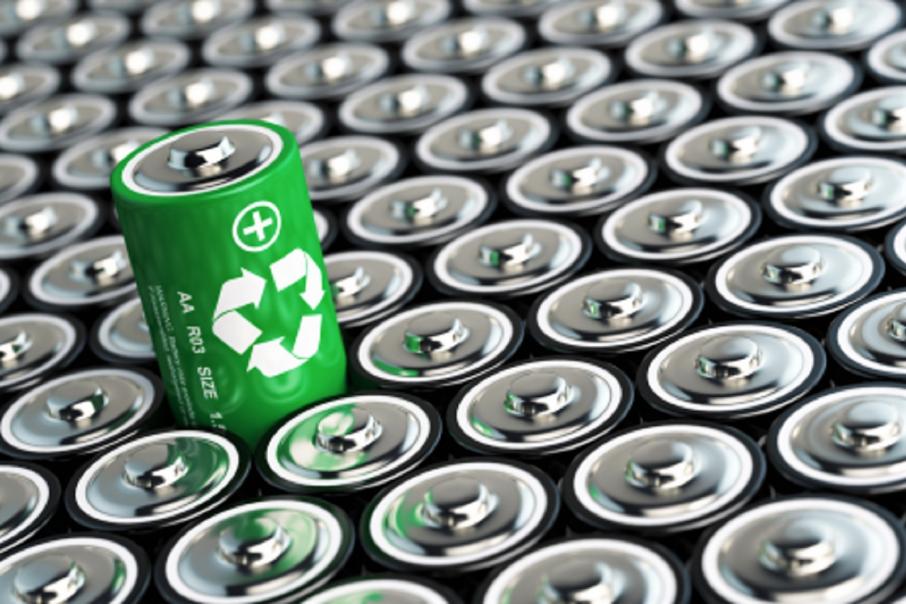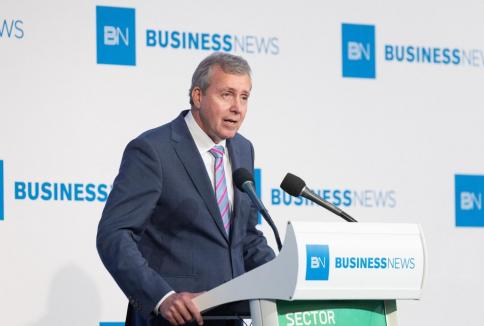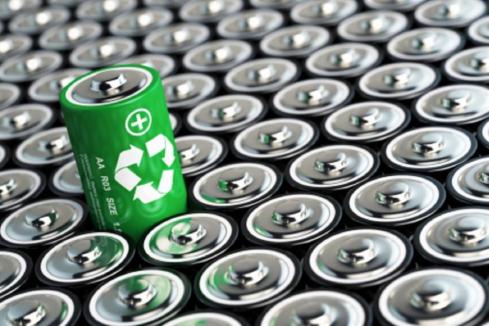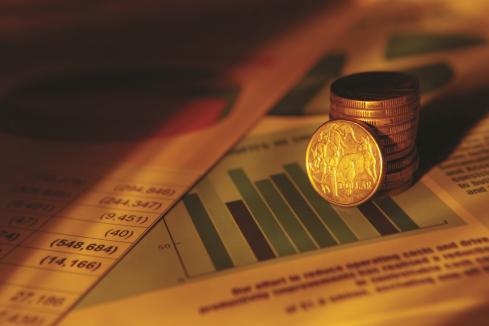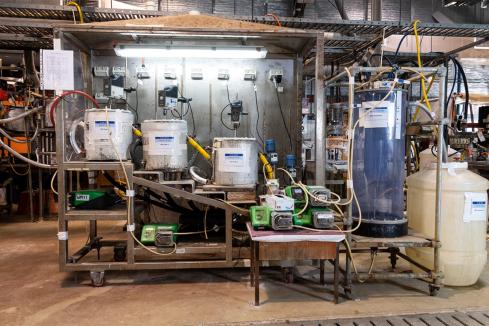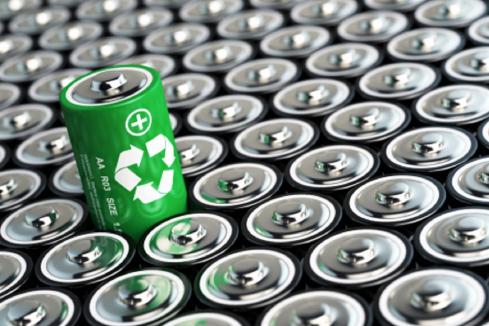ASX-listed Lithium Australia’s 90 per cent-owned subsidiary, Envirostream Australia, has been allocated just over $200,000 in grant funding from the Victorian State Government for the further development of its “electrolyte management in rechargeable battery recycling” project.
The Melbourne-based battery recycling outfit received the funding from Sustainability Victoria as part of round two of its E-Waste Infrastructure Grants totalling about $15 million across two rounds of allocations. The grants follow a decision taken last year by the State Government to ban e-waste disposal in landfill.
Round two of the Victorian grants’ initiative considered a range of criteria prior to awarding the grant. These included reprocessing capabilities and capacities, as well as the collection and storage of e-waste through investment in fixed, semi-permanent e-waste infrastructure upgrades and alternative non-fixed collection and storage solutions.
Batteries, and spent lithium-ion batteries or “LIBs” in particular, contain toxic electrolyte components that, unless appropriately managed, can be released into the environment during recycling.
Lithium Australia points out that the current volume of e-waste is growing three times faster than that of general waste, and much of that e-waste includes old LIBs - the recycling of which is Envirostream’s principal area of expertise.
Envirostream collects, sorts, shreds and separates all the components of spent LIBs as well as single-use alkaline batteries. Through extensive research and development, it has established an electrolyte management process that safely captures electrolyte components in liquid form from the recycling of spent lithium-ion batteries.
The new funding will support continued development and optimisation of Envirostream’s electrolyte management in rechargeable battery recycling project. According to Envirostream, the electrolyte management project will lead to an increase in the production capacity at its battery recycling facility in Melbourne.
The company says that, at the same time, its battery retrieval network is expanding to tackle the rising quantities of properly discarded spent LIBs expected to be delivered under the recently announced forthcoming national battery stewardship scheme, or “BSS”.
To be set up next year to implement and manage an industry-led stewardship scheme, covering all spent batteries except lead-acid batteries, the BSS is aimed at significantly increasing the recycling of batteries and seriously decreasing the practice and volume of landfill disposal of toxic batteries in Australia.
It will be primarily funded via an annual levy to be imposed on all imported eligible batteries, with the charge passed on through the supply chain to consumers calculated on the weight of batteries imported.
Initially set at $0.04 per equivalent battery unit, or “EBU”, and applying to companies that import more than 1,000 EBUs annually, Lithium Australia estimates the levy will raise about $22 million annually.
Lithium Australia Managing Director, Adrian Griffin said: "Our research into identifying and containing toxic battery electrolyte materials continues apace, with Lithium Australia’s technical expertise in this regard ably supported by the Australian Nuclear Science and Technology Organisation.”
Is your ASX listed company doing something interesting? Contact: matt.birney@businessnews.com.au






